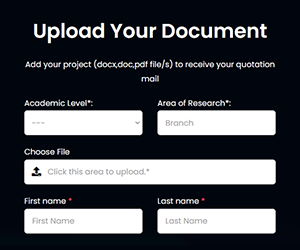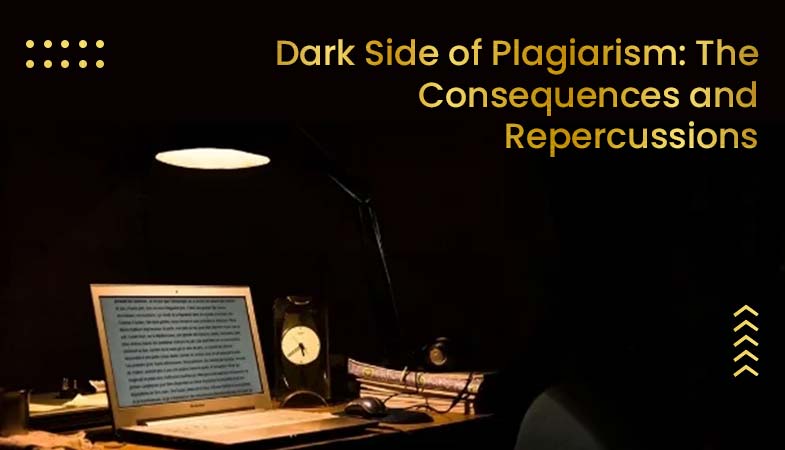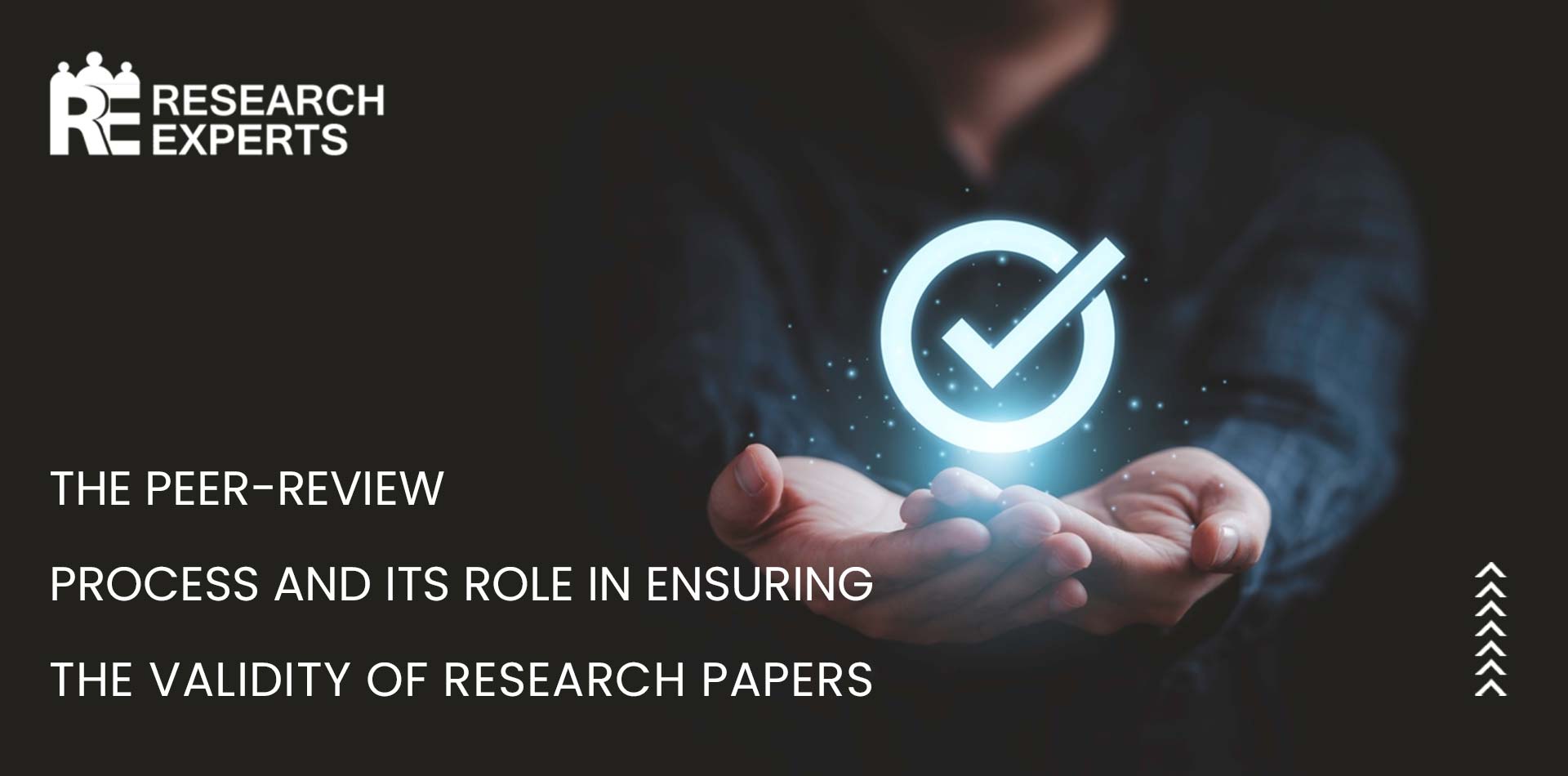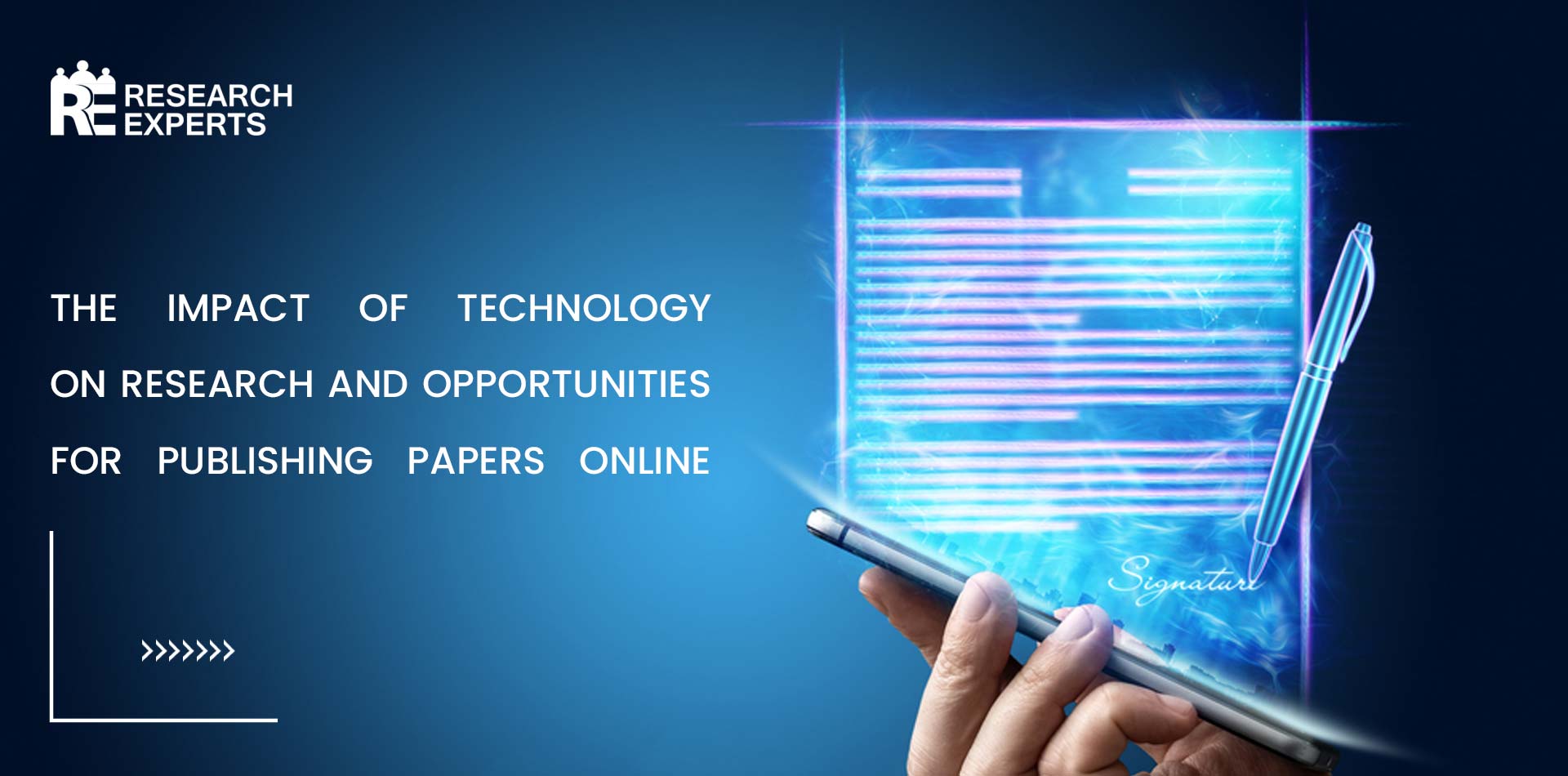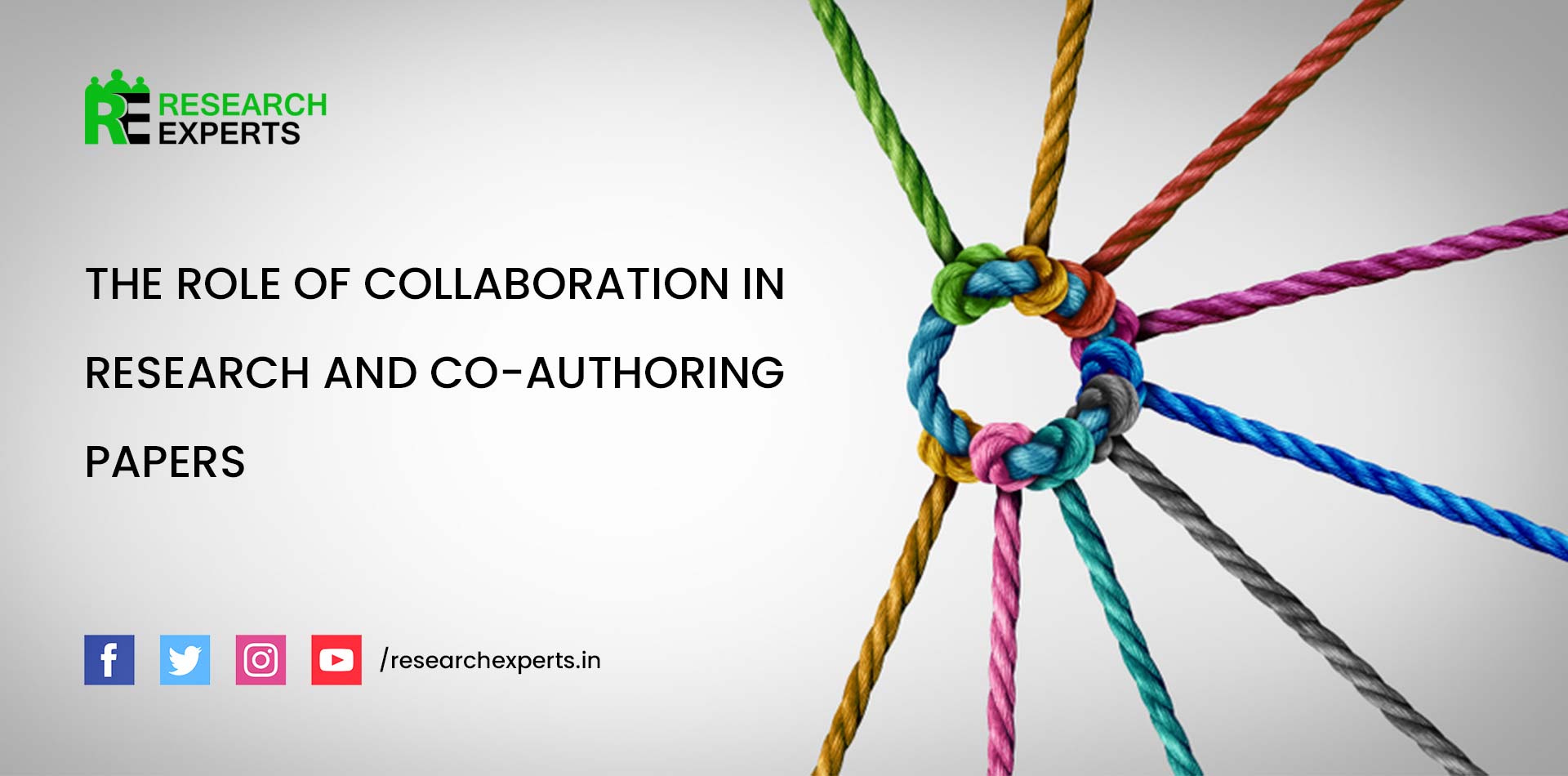
Dangers of Self-Plagiarism
Dangers of Self-Plagiarism – Self-plagiarism, commonly referred to as “recycling fraud,” is the practice of passing off one’s own previously published work as original without providing the necessary acknowledgment to the original author. Self-plagiarism may be just as detrimental to the originality of academic work and the worth of education as conventional forms of plagiarism can be, despite the fact that it may not seem to be as bad. Learn a few Dangers Of Self-Plagiarism in the article below.
Individual pupils, as well as educational institutions both, stand to suffer greatly from the effects of self-plagiarism. Students who are detected participating in self-plagiarism may be subject to disciplinary penalties such as failing a course or assignment, being put on academic probation, or even being expelled from the institution. Instances of self-plagiarism may also have repercussions for the institutions involved, such as a negative impact on their reputation or the loss of their accreditation.
What are the risks of Self-Plagiarism?
- One of the risks associated with self-plagiarism is the fact that it might cast doubt on the originality and credibility of academic work. Students are required to do their own research, analysis, and writing in order to generate unique material, which is highly appreciated in academic settings. Students that plagiarise their own work lessen the worth of their own work as well as the work of their peers and the institution as a whole when they participate in self-plagiarism since they are unable to create material that is unique.
- Self-plagiarism has a number of risks, one of which is that it may be hard to identify. The most common kind of plagiarism, in which the work of another person is copied and pasted without giving appropriate credit, may be identified with reasonable ease by employing tools designed specifically for that purpose. However, due to the fact that the same person is recycling their own work, it might be more challenging to identify instances of self-plagiarism. This might make it more difficult to identify and prevent instances of self-plagiarism, which can have major repercussions for the students involved as well as the educational institutions they attend.
Prevent Self-Plagiarism
- There are a number of measures that educational institutions and students themselves may do to reduce instances of self-plagiarism. Students need to make sure that they correctly credit all of the sources that they utilize in their work, including any of their own work that has been published in the past. This is the most crucial thing. Students should also be aware of the distinction between paraphrasing and copying since self-plagiarism may occur even when one changes a few words in a piece of previously published writing that they have done themselves in the past.
- Institutions have the ability to play a part in the fight against self-plagiarism by providing students with the materials and assistance they need to learn how to properly cite their sources. This might include holding workshops and seminars or providing students with access to internet resources that educate them on the dangers of self-plagiarism and show them how to avoid falling victim to it. Institutions may also make use of software that detects instances of plagiarism to assist in locating instances of students plagiarising their own work.
Conclusion
To summarise, academic self-plagiarism is a significant issue that may have significant repercussions not just for individual students but also for educational institutions. Academic work suffers from a loss of originality and authenticity when this occurs, and it may be difficult to spot. Students and educational institutions may collaborate to combat the problem of self-plagiarism and protect the honor of the academic community by crediting their sources accurately and making use of various resources, such as software that detects instances of plagiarism.

